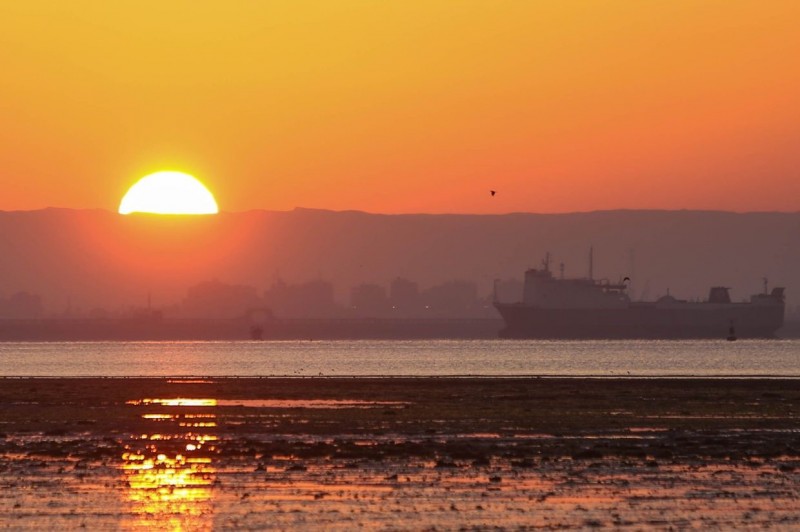
PETALING JAYA: Kenanga Research remains “neutral” on the seaport and logistics sector’s prospects, as the Red Sea conflict continues to disrupt Asia-Europe trade.
Roughly a third of global container volume comes from the Asia-Europe route, but the prolonged conflict in the Middle East, with no immediate sign of the Red Sea tensions de-escalating, is weighing down on the Asia-Europe trade, the research house said.
The diversion from the Suez Canal to the Cape of Good Hope, marks a longer voyage for the Asia-Europe route and reduces the frequency that shipping services could make at Westports Holdings Bhd (and all other ports in the region), the research house added.
The World Trade Organisation (WTO) said that it is cutting its current projection of 3.3% growth in global merchandise trade volume in 2024.
“The lower water levels in the Panama Canal due to an extreme drought is also disrupting the movement of shipping liners,” said the WTO.
Meanwhile, the research house acknowledged that global trade will have to navigate stricter regulations on carbon emissions.
“These may pose new challenges to global trade, particularly, one from the United Nations’ International Maritime Organisation (IMO) and another from the European Union (EU),” Kenanga Research noted.
While the exact effect of the regulations of the IMO and EU’s Carbon Border Adjustment Mechanisms (CBAM) on the seaport and logistics sector remain unclear, Kenanga expressed that the volume of containers heading to the EU will be affected by 18% of container volume under the Asia-Europe trade route.
Containers originating from China will face a heavy hit from the regulations as the nation is a major exporter of iron, steel, and aluminium to the EU, the research house noted.
Under new IMO rules, all ships must report their carbon intensity and will be rated accordingly. Ships must perform a 2% annual improvement in carbon intensity from 2023 through 2030 or face being removed from service, effective January 2023.
Additionally, the research house said the EU’s CBAM policy could further disrupt other exports of certain commodities to the EU.
These commodities include iron, steel, cement, aluminium, fertilisers and hydrogen.
Source: https://www.thestar.com.my/business/business-news/2024/04/03/red-sea-conflict-continues-to-weigh-on-logistics-sector

